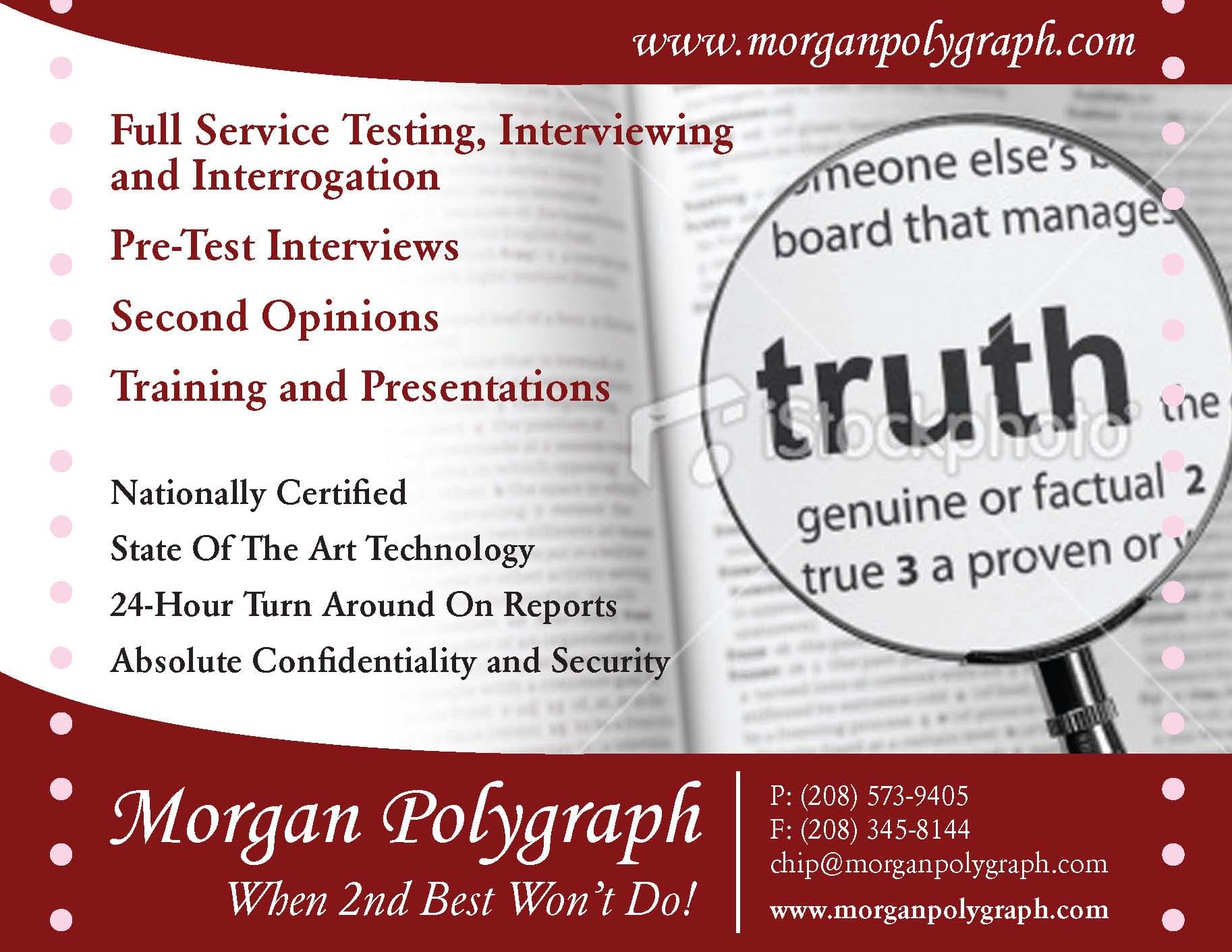Navigating the Legalities of Polygraph Licensing

Navigating the Legalities of Polygraph Licensing
In today’s complex legal landscape, understanding the intricacies of polygraph licensing is crucial for both aspiring polygraph examiners and organizations using polygraph tests. This comprehensive guide aims to provide clarity on polygraph licensing requirements, regulations, and best practices to ensure you navigate this field with confidence and compliance.
<h2>Understanding Polygraph Licensing</h2>
<p>Polygraph exams, commonly known as lie detector tests, are widely used in various sectors, including law enforcement, private investigations, and employment screenings. However, the legal requirements and regulations surrounding polygraph licensing can vary significantly from one jurisdiction to another.</p>
<h2>Why Polygraph Licensing Matters</h2>
<p>Obtaining a polygraph license is not just a formality; it is a critical step in ensuring the accuracy, reliability, and legal admissibility of polygraph results. A licensed polygraph examiner is recognized as having met specific standards of training and competence, which is essential for maintaining the integrity of the profession.</p>
<h3>Key Statistics</h3>
<p>According to the American Polygraph Association (APA), there are over 3,000 licensed polygraph examiners in the United States alone. This number highlights the importance of adhering to licensing requirements to maintain professional standards in the field.</p>
<h2>Legal Requirements for Polygraph Licensing</h2>
<p>The legal requirements for polygraph licensing can differ based on state and federal regulations. Here are some common criteria that prospective polygraph examiners typically need to meet:</p>
<ul>
<li><strong>Educational Requirements:</strong> Most states require candidates to have a minimum of a high school diploma or equivalent. Some states may require a bachelor's degree in a related field such as criminal justice or psychology.</li>
<li><strong>Training Programs:</strong> Completion of an accredited polygraph training program is essential. These programs usually cover various aspects of polygraph testing, including techniques, ethics, and legal considerations.</li>
<li><strong>Examination:</strong> Candidates must pass a written and practical examination to demonstrate their proficiency in polygraph testing.</li>
<li><strong>Background Check:</strong> A thorough background check is often required to ensure the candidate's suitability for the role.</li>
<li><strong>Continuing Education:</strong> Licensed polygraph examiners may need to complete continuing education courses to maintain their license and stay updated on industry developments.</li>
</ul>
<h2>State-Specific Regulations</h2>
<p>Each state has its own set of regulations governing polygraph licensing. Here are some examples of state-specific requirements:</p>
<h3>California</h3>
<p>In California, polygraph examiners must be licensed by the California Bureau of Security and Investigative Services (BSIS). The state requires completion of a polygraph examiner training program, passing a licensing exam, and a background check.</p>
<h3>Texas</h3>
<p>Texas requires polygraph examiners to obtain a license from the Texas Department of Licensing and Regulation (TDLR). Applicants must complete an accredited polygraph examiner training course, pass an examination, and undergo a criminal background check.</p>
<h3>Florida</h3>
<p>In Florida, polygraph examiners must be licensed by the Florida Department of Law Enforcement (FDLE). The state mandates completion of a polygraph training program, passing a state examination, and a background check.</p>
<h2>Federal Regulations</h2>
<p>In addition to state-specific regulations, there are federal laws that impact polygraph licensing and usage. The Employee Polygraph Protection Act (EPPA) is one such law that restricts the use of polygraph tests in employment settings, with certain exceptions for specific industries such as security and law enforcement.</p>
<h2>Best Practices for Navigating Polygraph Licensing</h2>
<p>Successfully navigating the legalities of polygraph licensing requires a proactive approach and adherence to best practices. Here are some actionable tips to help you on this journey:</p>
<h3>Research State and Federal Requirements</h3>
<p>Thoroughly research both state and federal requirements for polygraph licensing in your area. This will help you understand the specific criteria you need to meet and avoid any potential legal pitfalls.</p>
<h3>Enroll in Accredited Training Programs</h3>
<p>Ensure that you enroll in accredited polygraph training programs that are recognized by relevant licensing authorities. This will not only enhance your skills but also improve your credibility as a polygraph examiner.</p>
<h3>Prepare for Examinations</h3>
<p>Invest time in preparing for both written and practical examinations. Utilize study guides, practice tests, and other resources to increase your chances of passing the exams on the first attempt.</p>
<h3>Maintain Continuing Education</h3>
<p>Stay updated on industry developments and maintain your license by completing continuing education courses. This will ensure that you remain knowledgeable about the latest techniques, technologies, and legal considerations in the field.</p>
<h3>Network with Industry Professionals</h3>
<p>Join professional organizations such as the American Polygraph Association (APA) to network with other polygraph examiners. This can provide valuable insights, support, and opportunities for professional growth.</p>
<h2>Conclusion</h2>
<p>Navigating the legalities of polygraph licensing is a multifaceted process that requires a thorough understanding of state and federal regulations, as well as a commitment to professional excellence. By following the guidelines and best practices outlined in this guide, you can ensure that you meet all necessary requirements and excel in your career as a licensed polygraph examiner.</p>
<p>Remember, obtaining and maintaining a polygraph license is not just about compliance; it is about upholding the integrity and reliability of the polygraph profession. With the right knowledge and preparation, you can navigate the complexities of polygraph licensing with confidence and success.</p><p><a href="https://morganpolygraph.com">For more info, click HERE</a></p>
